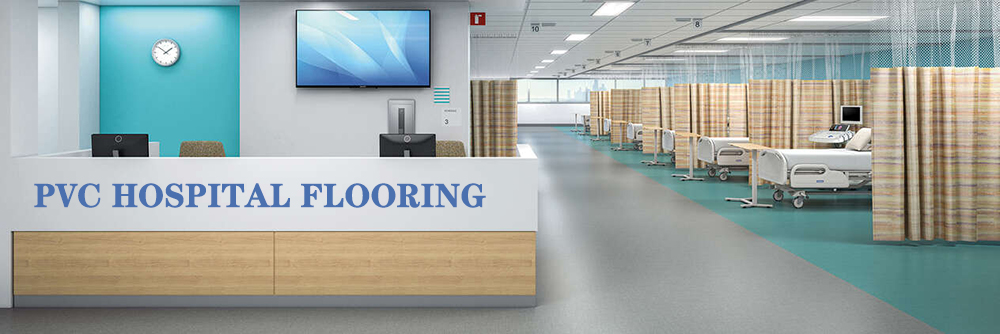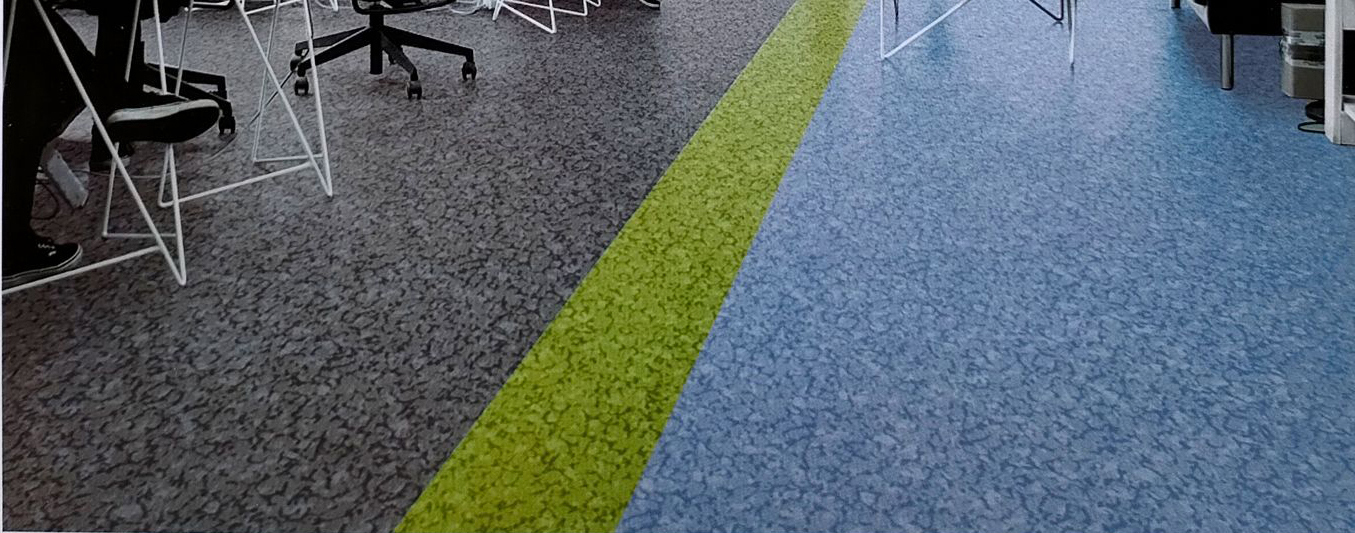Introduction
Choosing the right flooring for a hospital is crucial. It’s not just about looks; it's about functionality, safety, and hygiene. One of the top choices for hospital flooring is PVC (Polyvinyl Chloride) flooring. But why is it so popular in medical settings? Let's dive into the top 5 advantages of PVC hospital flooring.

What is PVC Hospital Flooring?
PVC hospital flooring is a type of flooring made from polyvinyl chloride, a synthetic plastic polymer. This type of flooring is specially designed for high-traffic areas like hospitals. It comes in various forms, including sheets and tiles, and offers numerous benefits suitable for medical environments.
Definition and Composition
PVC flooring is made from a mixture of vinyl resins, plasticizers, and stabilizers, creating a highly durable and flexible material. This composition makes it resistant to moisture and stains, which are common in hospitals.
Types of PVC Hospital Flooring
There are several types of PVC flooring used in hospitals:

Advantage 1: Durability
One of the standout features of PVC hospital flooring is its durability.
Longevity of PVC Flooring
PVC flooring is designed to withstand heavy foot traffic and the movement of hospital equipment. It doesn't wear down easily, making it a long-term investment for healthcare facilities.
Resistance to Wear and Tear
The robust nature of PVC ensures that it remains in good condition even with continuous use. It resists scratches, dents, and other forms of damage, which is crucial in a busy hospital environment.
Advantage 2: Hygiene and Cleanliness
Hospitals require the highest standards of cleanliness, and PVC flooring excels in this area.
Easy to Clean Surfaces
PVC floors are non-porous, meaning they do not absorb liquids. This makes cleaning spills and stains a breeze, ensuring that the floors remain spotless and hygienic.
Antimicrobial Properties
Many PVC flooring options come with antimicrobial coatings that inhibit the growth of bacteria and fungi. This feature is vital in preventing infections and maintaining a sterile environment in hospitals.
Advantage 3: Safety
Safety is a top priority in any healthcare setting, and PVC flooring provides several safety features.
Slip-Resistant Surfaces
PVC flooring often includes slip-resistant textures that help prevent accidents. This is particularly important in hospitals where spills are frequent, and patient mobility can be a concern.
Fire Resistance
PVC flooring is inherently flame-retardant, reducing the risk of fire spreading. This adds an extra layer of safety, ensuring that the flooring complies with stringent fire safety regulations.
Advantage 4: Comfort and Noise Reduction
Hospitals need to be comfortable and quiet environments, and PVC flooring contributes to both.
Underfoot Comfort
PVC flooring is softer underfoot compared to other materials like ceramic tiles. This makes walking and standing for long periods more comfortable for staff and patients alike.
Noise Dampening Properties
PVC floors help reduce noise levels, which is essential in a hospital where a quiet environment is necessary for patient recovery and overall tranquility.
Advantage 5: Aesthetic Appeal
PVC flooring doesn’t just perform well; it looks good too.
Variety of Designs and Colors
PVC flooring comes in a wide range of colors, patterns, and textures, allowing hospitals to create aesthetically pleasing interiors that can be tailored to different departments.
Customizable Options
Hospitals can choose from various designs to match their branding or create a soothing environment for patients. Customizable options mean that PVC flooring can fit any aesthetic requirement.
Comparing PVC Flooring to Other Flooring Options
When choosing hospital flooring, it's essential to compare PVC with other materials.
Vinyl vs. Linoleum
Both are durable, but PVC is generally more resistant to moisture and easier to maintain. Linoleum, while eco-friendly, can be more susceptible to damage and harder to clean.
PVC vs. Ceramic Tiles
Ceramic tiles are durable and easy to clean but are hard and cold underfoot, which can be uncomfortable. They are also more prone to cracks and chips compared to PVC flooring.
Periodic deep cleaning and re-coating with a protective layer can extend the life of the flooring, keeping it looking new for years.

Conclusion
PVC hospital flooring offers numerous advantages, from durability and hygiene to safety and aesthetics. Its benefits make it a top choice for healthcare facilities looking for reliable, cost-effective, and attractive flooring solutions.
FAQs
What makes PVC flooring ideal for hospitals?
PVC flooring is durable, easy to clean, and has antimicrobial properties, making it perfect for maintaining high hygiene standards in hospitals.
How does PVC flooring compare to other materials in terms of safety?
PVC flooring is slip-resistant and flame-retardant, offering better safety features compared to many other flooring materials.
What is the lifespan of PVC hospital flooring?
With proper maintenance, PVC hospital flooring can last for decades, making it a long-term investment.






















